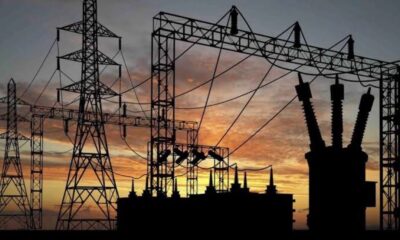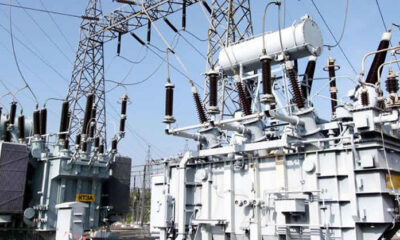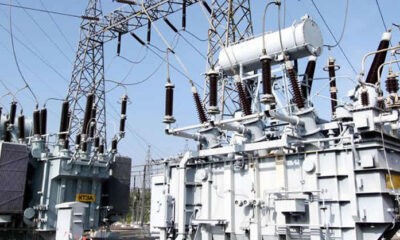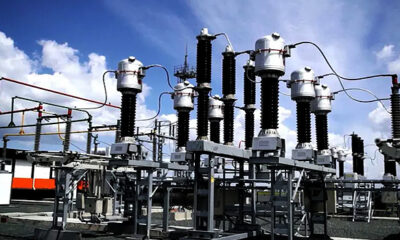Special Features
5 alternative power sources as Nigeria faces frequent blackouts
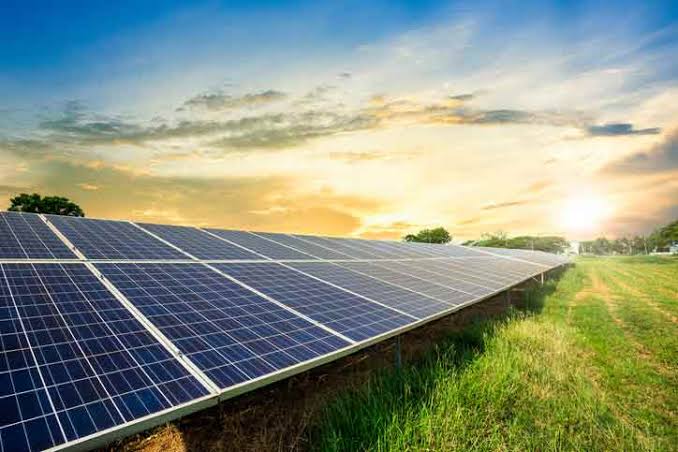
Nigeria’s national grid has long struggled with frequent collapses, leaving millions without reliable power.
As the country faces an ongoing energy crisis, exploring alternative power sources is vital.
These alternatives offer a chance for a more reliable electricity supply, economic growth, environmental sustainability, and improved living standards.
By leveraging renewable and alternative energy sources, combined with investments in infrastructure and technology, Nigeria can reduce its reliance on the national grid and fossil fuels, create jobs, and enhance quality of life.
Ultimately, a diversified energy approach will be key to overcoming the power crisis and ensuring a sustainable future for the country.
Here are five alternative power sources that can help Nigeria meet its energy needs and reduce the impact of frequent blackouts
1. Wind Energy
Nigeria’s northern region, with its consistent winds, is ideal for wind energy.
Wind turbines can generate electricity in both large-scale farms and small-scale setups, providing a clean and renewable energy source with low operational costs.
2. Solar Power
With abundant sunshine, Nigeria has immense potential for solar energy.
Solar panels can provide a stable and eco-friendly source of electricity, especially in off-grid areas. Once installed, solar systems are cost-effective and require minimal maintenance.
3. Hydropower
Nigeria’s rivers and streams offer opportunities for small-scale hydroelectric systems that can power off-grid communities.
Hydropower is a renewable, sustainable solution that reduces reliance on fossil fuels.
4. Biomass Energy
Biomass, derived from agricultural waste and organic materials, can be used to produce biogas for cooking and electricity generation.
This resource is abundant in rural areas, offering a cost-effective and environmentally friendly energy source.
5. Geothermal Energy
Geothermal energy harnesses heat from beneath the Earth’s surface.
Nigeria’s Middle Belt has geothermal potential, and once tapped, it could provide a continuous and low-environmental-impact energy supply.




